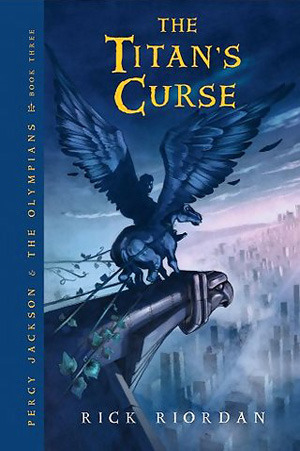bookrev: A Brief History of Everything by Ken Wilber
4 stars: World evolution, personal evolution, and the state of the world today
Ken Wilber’s book is separated into three parts, with the last chapter of the third part being an epilogue of sorts. I was riveted in the first two parts, partly bored in the third, and enjoyed the ending.
The book is written in Q & A style, which I thought worked quite well with the subject matter. Although the questions were, of course, leading the reader to a certain path, it did help me think through the points the author was trying to make.
The first part (“Spirit in Action”) I thought of as “world evolution”. This section lays the foundation of Wilber’s thinking, how systems evolve, and proposes a four-quadrant approach for thinking about that evolution in a holistic fashion. The four quadrants encompass the inside and outside of the self (“I” and “it”, the conscious and the physical) and the inside and outside of groups, or cultures (“we” and “its”). This leads to an discussion about world evolution, describing how the world has evolved from archaic to magic to mythic to rational and on.
The second part (“The Further Reaches of Spirit-in-Action”) I thought of as personal evolution. Using the same framework and providing background from psychology and philosophy studies, Wilber shows a personal evolution through “fulcrums” or steps (eureka moments?) as a person moves up the spiritual/thought evolution. Parallels are drawn between the world evolution and personal evolution, and it is reinforced constantly that this must be an integral approach, i.e., it cannot just be logical (“it”) and it cannot just be consicousness (“I”) but must be a non-dualistic approach.
The third part (“Beyond Flatland”) was a much too-long treatise on Wilber’s opinion on why and how we have gotten off of the path of these two evolutions, personal and world. He makes quite a good argument, but goes to great lengths to categorize previous philosphers and thinkers into different buckets to prove his main point (which is that we have gone into many different dis-integrated directions, lead by the “Ego” set (logical thinkers without spirituality) and the “Eco” set (back to nature, everything is feeling) when we should be heading for a non-dualistic integrated approach). There is much too much academic argument in this section than there were in the previous two parts, and, while I am certain it serves the purpose of making Wilber’s point, I found it slowed the book down tremendously, ala a textbook.
The last chapter of the third part is a summary of where Wilber thinks we are now in our evolution and where we should go. This was a excellent ending to the book, pulling together his thinking of an “Integral Vision”.
This was my first Ken Wilber book. Although the Q&A turned me off at first, the first two parts were quite readable and accessible. I reccommend those two sections for any and all. I look forward to reading more of Mr. Wilber’s works.



